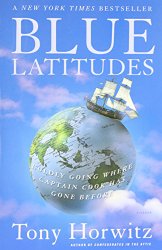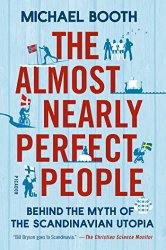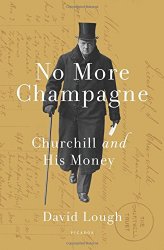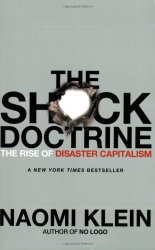At the stroke of midnight on August 15, 1947, the British Empire withdrew from India, inviting in all the exhilaration and turmoil of a newly free society. In this vivid, atmospheric popular history, Alex von Tunzelmann chronicles these times through the most prominent figures: Dickie Mountbatten, Britain’s dashing, inept last viceroy; Dickie’s savvy, glamorous wife, Edwina, who found …
Picador
Blue Latitudes: Boldly Going Where Captain Cook Has Gone Before
Boldly Going Where Captain Cook Has Gone BeforeTwo centuries after James Cook’s epic voyages of discovery, Tony Horwitz takes readers on a wild ride across hemispheres and centuries to recapture the Captain’s adventures and explore his embattled legacy in today’s Pacific. Horwitz, a Pulitzer Prize-winner and author of Confederates in the Attic, works as a sailor aboard a …
The Almost Nearly Perfect People: Behind the Myth of the Scandinavian Utopia
A WITTY, INFORMATIVE, AND POPULAR TRAVELOGUE ABOUT THE SCANDINAVIAN COUNTRIES AND HOW THEY MAY NOT BE AS HAPPY OR AS PERFECT AS WE ASSUMEJournalist Michael Booth has lived among the Scandinavians for more than ten years, and he has grown increasingly frustrated with the rose-tinted view of this part of the world offered up by the Western media. …
The fascinating story of Winston Churchill’s lifetime of tangled personal financesMeticulously researched by a senior private banker now turned historian, No More Champagne reveals for the first time the full extent of the iconic British war leader’s private struggle to maintain a way of life instilled by his upbringing and expected of his public position.Lough uses Churchill’s own …
“If you’re only going to read one book on the Middle East, this is it.”—Seymour M. HershOne of the most thought-provoking books ever written about the Middle East, From Beirut to Jerusalem remains vital to our understanding of this complex and volatile region of the world. Three-time Pulitzer Prize winner Thomas L. Friedman drew upon his ten years …
In this groundbreaking alternative history of the most dominant ideology of our time, Milton Friedman’s free-market economic revolution, Naomi Klein challenges the popular myth of this movement’s peaceful global victory. From Chile in 1973 to Iraq today, Klein shows how Friedman and his followers have repeatedly harnessed terrible shocks and violence to implement their radical policies. As John …
A BEST BOOK OF THE YEAR FOR: THE NEW YORK TIMESCHICAGO TRIBUNESLATE.COMTHE BOSTON GLOBETHE KANSAS CITY STARTHE PLAIN DEALER (CLEVELAND)THE CHRISTIAN SCIENCE MONITORWINNER OF THE HELEN BERNSTEIN BOOK AWARD FOR EXCELLENCE IN JOURNALISMIt was the last-chance moment of the war. In January 2007, President George W. Bush announced a new strategy for Iraq. It became known as “the …
Beginning in the eighteenth century with the building of St. Petersburg and culminating with the Soviet regime, Figes examines how writers, artists, and musicians grappled with the idea of Russia itself–its character, spiritual essence, and destiny. Skillfully interweaving the great works–by Dostoevsky, Stravinsky, and Chagall–with folk embroidery, peasant songs, religious icons, and all the customs of daily life, …
From “the great storyteller of modern Russian historians,” (Financial Times) the definitive account of the forgotten war that shaped the modern ageThe Charge of the Light Brigade, Florence Nightingale―these are the enduring icons of the Crimean War. Less well-known is that this savage war (1853-1856) killed almost a million soldiers and countless civilians; that it enmeshed four great …
The Ten-Cent Plague: The Great Comic-Book Scare and How It Changed America
In the years between the end of World War II and the mid-1950s, the popular culture of today was invented in the pulpy, boldly illustrated pages of comic books. But no sooner had comics emerged than they were beaten down by mass bonfires, congressional hearings, and a McCarthyish panic over their unmonitored and uncensored content. Esteemed critic David …









